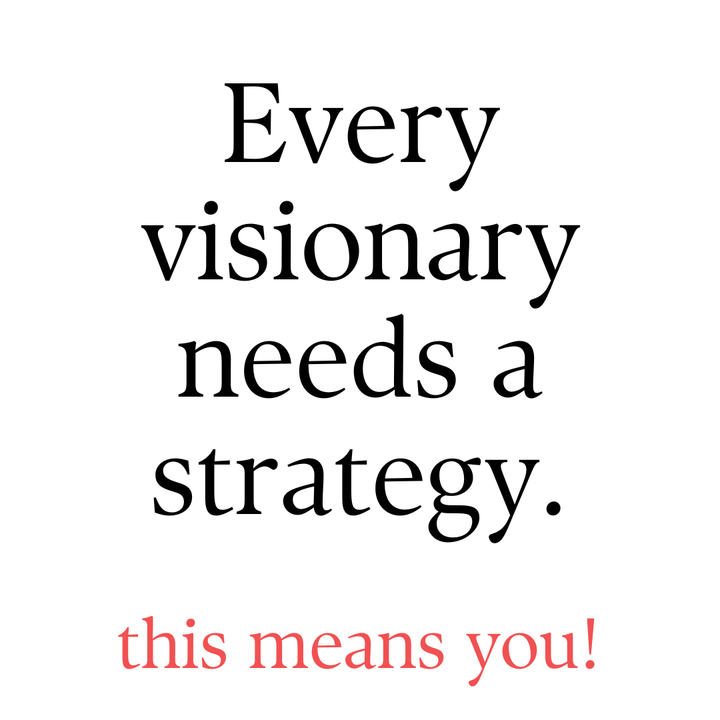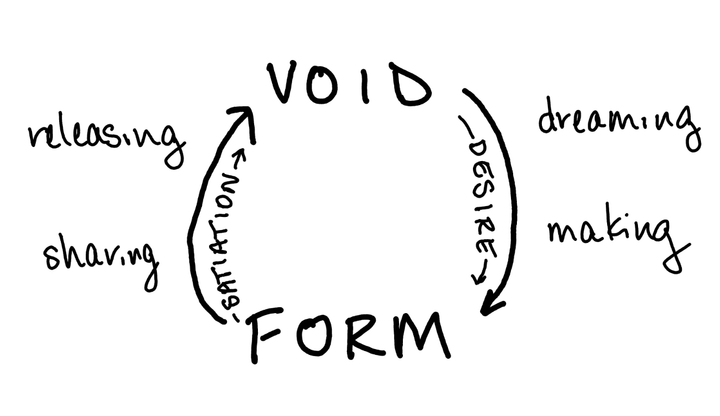“What would it mean to be done for the day?”
Just as I was going to resign myself to not writing this evening (a huge disappointment, as I’m surprisingly susceptible to the smiley faces in this low-key habit tracker, I opened an email about being done for the day from Oliver Burkeman (author of Four Thousand Weeks: Time Management for Mortals) and finally read something relatable:
By contrast, “being done for the day” turns the focus inwards: to what it would take to allow yourself to feel done. It’s about what you might reasonably expect of yourself today, given your actual situation and limitations, regardless of what might by some other definition “need” doing. If you’re caring for a three-year-old, or stuck in meetings, from 9am to 2pm today, the fact that the annual departmental review “needs” completing by 3pm is irrelevant. It’s not going to get written. So maybe “done for the day” will have to mean jotting down a few preliminary ideas for it instead.
I cared for a toddler and an infant all day today, while attending three different Zoom meetings, submitting a conference proposal, staying on top of my email and Teams messages, and talking on the phone to negotiate my departure from my other job.
Needless to say, when my partner got home, the house was a mess. He was pissed. I knew this would happen. I knew, and I tried to get away to tidy up, but there was a meeting, then a call, then the baby wouldn’t stop crying, then of course just a few minutes before my partner arrived home, the toddler dumped cereal all over the floor, giving my partner an unassailable rhetorical flourish: “And there’s cereal all over the floor!”
Burkeman continues:
Asking this question daily is a training in patience, because when you start getting serious about what you can reasonably expect from yourself, it’ll be painful how short the list is.
A “training in patience.”
For the record, I had a serious Zen practice for over a decade, I used to meditate for thirty minutes, sometimes twice a day. I used to go to weeklong silent retreats. And more—there was Buddhist study, there was art practice, there was work practice. It’s the kind of thing that everyone believes is a training in patience. In some ways, it was.
But in some ways, it was a training in striving that I’m still trying to unlearn.
I wanted to sit longer. I wanted to sit more still. I wanted to go to retreat more often. I wanted to be a senior student.
You were supposed to not want these things, and yet you were in an environment that encouraged you to want these things. A subject for another day.
In any case, I thought I knew something about patience.
Burkeman continues:
And so the days go by, and your lists get even shorter, until eventually you find yourself getting through them, and permitting yourself the feeling of doneness. At this point, you have the enjoyable sensation of exerting greater agency over your life: instead of demanding that the world send you a signal that it’s time to stop for the day – which it never will – you decide that henceforth that’s a determination you’ll be making. You’re in the driving seat.
That’s the thing—being in the driver’s seat.
I wasn’t in the driver’s seat in the Zen community. I wanted what it seemed like I should want.
I wasn’t in the driver’s seat this evening, I suppose. If I felt confident I had done my best, I probably wouldn’t have felt the need to yell that I really tried, and I’ve been trying to clean up since noon because I knew you’d be mad and Well, I just give up!
Can I decide that I did enough today?
Burkeman’s next sentence is annoying—he ties being in the driver’s seat to “getting more done,” but what if the pleasure of being in the driver’s seat is enough?
What if, instead of hoping to feel confident and settled that I’ve done enough, I lean into the transgressive feeling of deciding I’ve done enough even when I’m not sure I have?
What if pleasure can be found not only in the easy, sensible relaxation of “done enough” but also in the transgressive friction of it?


